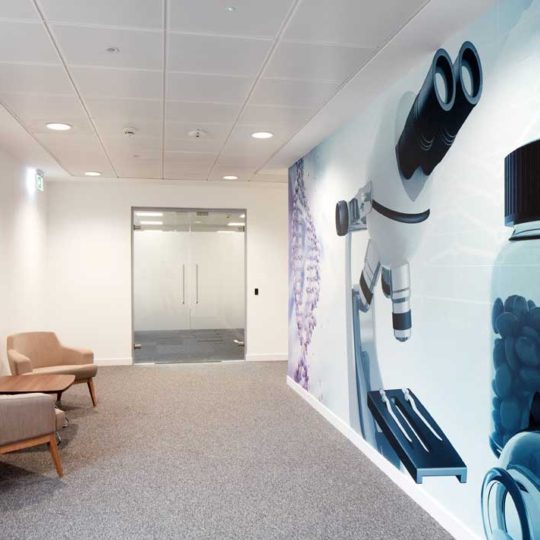£3 billion in funding for our NHS
A £3 billion hospital building programme was launched by the Health Secretary back in 2019. This new scheme proposed around 40 new hospitals built across England over the next ten years.
View More
A £3 billion hospital building programme was launched by the Health Secretary back in 2019. This new scheme proposed around 40 new hospitals built across England over the next ten years.
View MoreIn a market where shortages exist, building standards are extremely high. Sustainability, comfort and infection control are all important but budgets are tight. Modular construction needs to be a part of the solution.
View MoreOur Business Development Manager, Gemma Darroch, spent the morning attending the IdeasHub from Willmott Dixon and the Procurement Hub.
View MoreA new, flat-pack style ward for seriously-ill coronavirus patients is under construction for Tameside General Hospital during the pandemic, the Manchester Evening News can reveal.
View MoreThurston Group is building new modular ICU ward for seriously-ill coronavirus patients for Tameside Hospital during the pandemic, as covered in the Manchester Evening News.
View MoreThurston Group is a leading manufacturer of standardised and bespoke healthcare buildings that are designed and precision engineered to deliver the very best in clinical environments.
View More